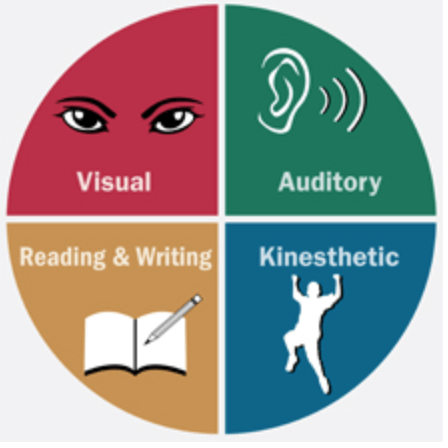
Last week, in one of our large 120-student sections, a student was threatened by another student after class for something she had said in class. She did not see the student’s face, but she heard him say “You better watch what you say, or I’ll shoot you.” Or something like that. After trying and failing to identify the student, we decided that, at a minimum, the instructor should post a message on iCollege and say something in class about the importance of civil discussion and debate, and the unacceptability of threats of violence. I offered to write a first draft of the iCollege message, and I’m posting it here in case anyone would like to adapt the language for their own purposes (preferably as a preventive rather than reactive measure). Here’s the message:
A lot of you are probably as disgusted as I am by acts of politically-motivated violence that have occurred around the country recently. I wanted to take this as an opportunity to discuss something important about our democracy. As we have discussed, the basic hope of our system of government is that we can be free to disagree about all kinds of important things and also to organize politically–often times in competition with those with whom we disagree–to seek to see our views represented in public policy. Proponents of authoritarian government think this is nothing short of insane. To them, it seems like a recipe for anarchy, disorder, and chaos. And yet Americans have governed themselves, however imperfectly, democratically for over 200 years, and we have enjoyed more stability than most countries — whether democratic or authoritarian — could even dream. One reason for this is that our democracy has a variety of customs, practices, and unwritten rules — which political scientists call “norms” — that enable us to debate and compete politically without crossing the line into violence. To be sure, these norms have historically been unevenly recognized. For example, slavery and the Jim Crow system of racial segregation were predicated upon violent suppression of African Americans’ political freedom. But the norms, when recognized and followed, have served Americans well, including, arguably, when the first African American President of the United States demonstrated — by his example — their value throughout his time in office. One of these norms is something we have an opportunity to practice in this class, and I fear is something eroding in our politics. I am referring to the norm of civil discussion and debate. The basic idea with this norm is that we seek to “disagree agreeably.” That is, we are free to express our views insofar as we do so in a respectful way and that we do not in any way deny or threaten anyone else’s right to offer their own potentially contrary views. Civil discussion and debate does not mean we pretend to agree with one another when we in fact disagree. In fact, for it to be meaningful and worthwhile, it requires that we openly express our disagreement. But it does require that we respect the free expression of those with whom we disagree as the price we pay for having our own right of free expression equally respected. Civil discussion and debate is based on reason-giving. It means we do not simply say what we think, but we offer reasoned justifications for what we think. One great hope of such reason-giving is that others will find our reasons persuasive and thereby come around to agreeing with us. But civil discussion and debate also requires acceptance of the fact that others will often remain unpersuaded and that this too is their right. Anyway, there is more to it than this, but I did want to make clear that I welcome discussion and debate in this class, but I expect everyone to conduct themselves according to the norm of civility. Everyone should respect the mutual rights of everyone else to express and justify their viewpoints, and it is never acceptable to threaten or intimidate anyone in or out of class for anything they have expressed in this class. This is not only a vital democratic norm; it is also a university rule. Threatening violence for any reason is strictly forbidden on this campus. I hope it is unnecessary for me to say this, but, like I said, I am afraid the norm of civility is eroding, including on university campuses.”
Link to US Civitas Facebook Thread




